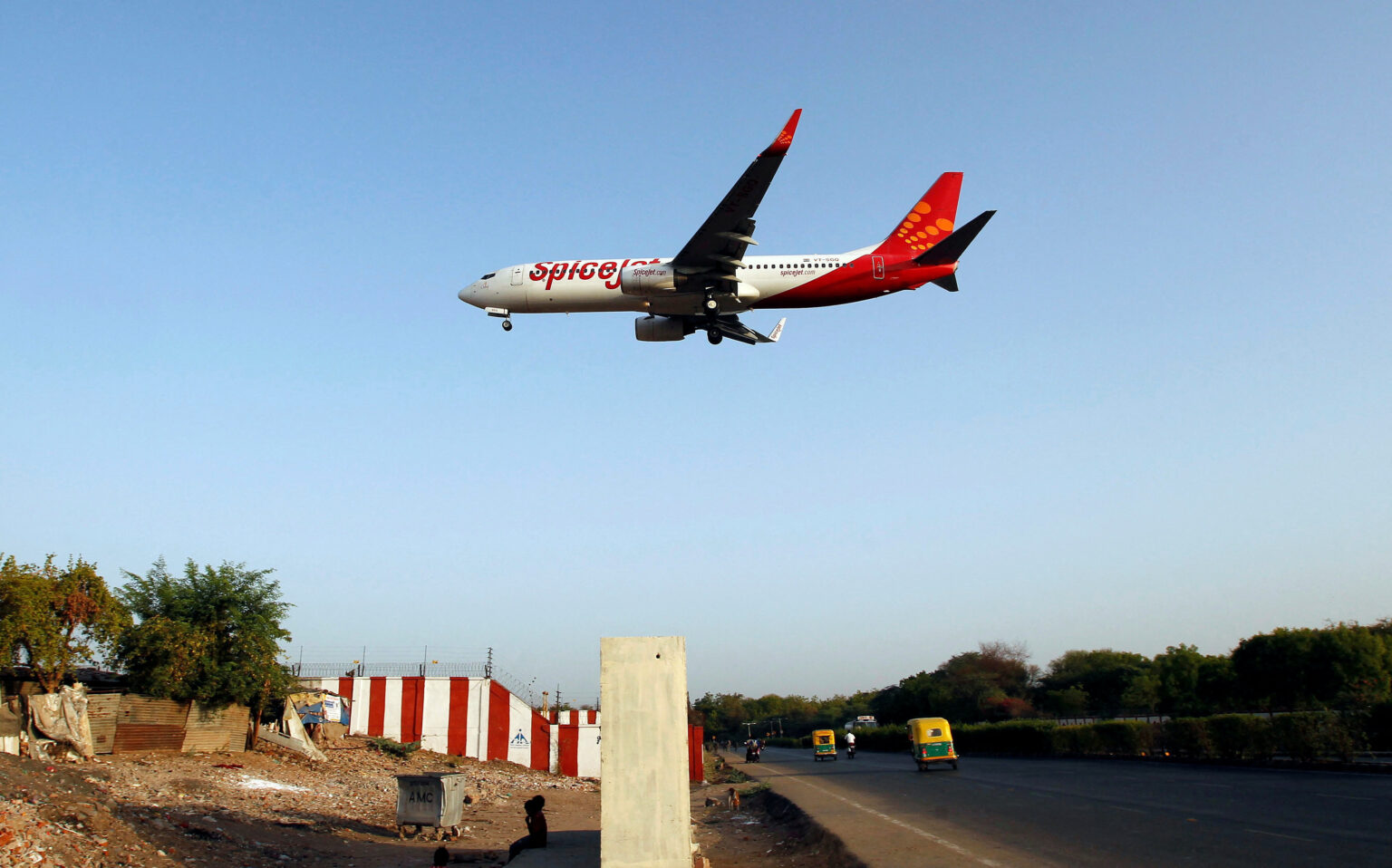
According to people familiar with the situation, private lenders IDFC First Bank and Yes Bank, as well as the state-owned Indian Bank, have placed their loans to SpiceJet Ltd. in the high-risk category. This is the most recent blow to the airline’s operations.
In the most recent blow to the airline, private lenders IDFC First Bank NSE 2.88 percent and Yes Bank NSE-3.90 percent, as well as the state-owned Indian Bank NSE-0.29 percent, have placed their loans to SpiceJet Ltd NSE-4.04 percent in the high-risk category. This information was provided to the news agency Reuters by individuals familiar with the situation. On the other hand, in a stock exchange filing made after the stock market closed, they refuted the report as being false and without foundation.
“We at SpiceJet would like to state unequivocally that the article is completely false and devoid of any foundation. None of our financial institutions has flagged our account as high risk or put us on alert. The same information was relayed to us by our lenders, who confirmed it. It is unfortunate that the story was run despite our emphatic denial of it and the fact that not one of our banks has made an official comment on the matter, the company clarified.
The servicing of loans is occurring in accordance with the aforementioned terms. “We are not aware of any bank having any ‘concern’ nor has there been any communication regarding the same to SpiceJet,” a spokesperson for the company told Reuters in an email. “There has also not been any communication regarding the same to SpiceJet.”
Reuters’ requests for the banks’ comments were not immediately met with a response from the banks.
According to sources that spoke with Reuters, the lenders are concerned about the cash flows of SpiceJet and have held discussions in order to seek assurances from the Indian low-cost carrier. This is because SpiceJet is behind on payments to some aircraft lessors.
The low-cost airline has been experiencing some rough seas over the past few weeks. After an investigation revealed that the airline was unable to provide “a safe, efficient, and reliable” service, India’s aviation regulator, the DGCA, took the unprecedented step of reducing the number of approved departures for SpiceJet by fifty percent for a period of eight weeks. This action was taken.
While placing SpiceJet NSE-4.04 percent under “enhanced surveillance,” the regulator stated in its notice that there was “poor internal safety oversight” at the airline and that financial issues at the carrier were leading to a “frequent shortage of spares.” In addition, the regulator stated that there was “poor internal safety oversight” at the company.
SpiceJet will be allowed to gradually restore its capacity, according to Arun Kumar, the head of the Directorate General of Civil Aviation (DGCA), who stated that the authorization will be granted once the airline demonstrates that it has resolved the shortages in both manpower and spare parts.
During an interview at the headquarters of the watchdog in New Delhi, India’s national capital, Kumar stated, “At this point in time we feel that they can only operate 50 percent of their capacity without compromising safety.”
Kumar stated that a review of the operations of SpiceJet as well as a physical audit of the airline demonstrated that the company was “incapable” of flying at full capacity.
The decision was made as a precautionary measure to ensure that there will be no problems with passenger or crew safety in the future. This does not imply that the airline is unable to continue operations. Our goal is to ensure that there are no interruptions to service.
There were also rumours circulating that the airline’s promoter, Ajay Singh, was in negotiations to sell a potential portion of the company to a Middle Eastern airline as well as an Indian conglomerate.













